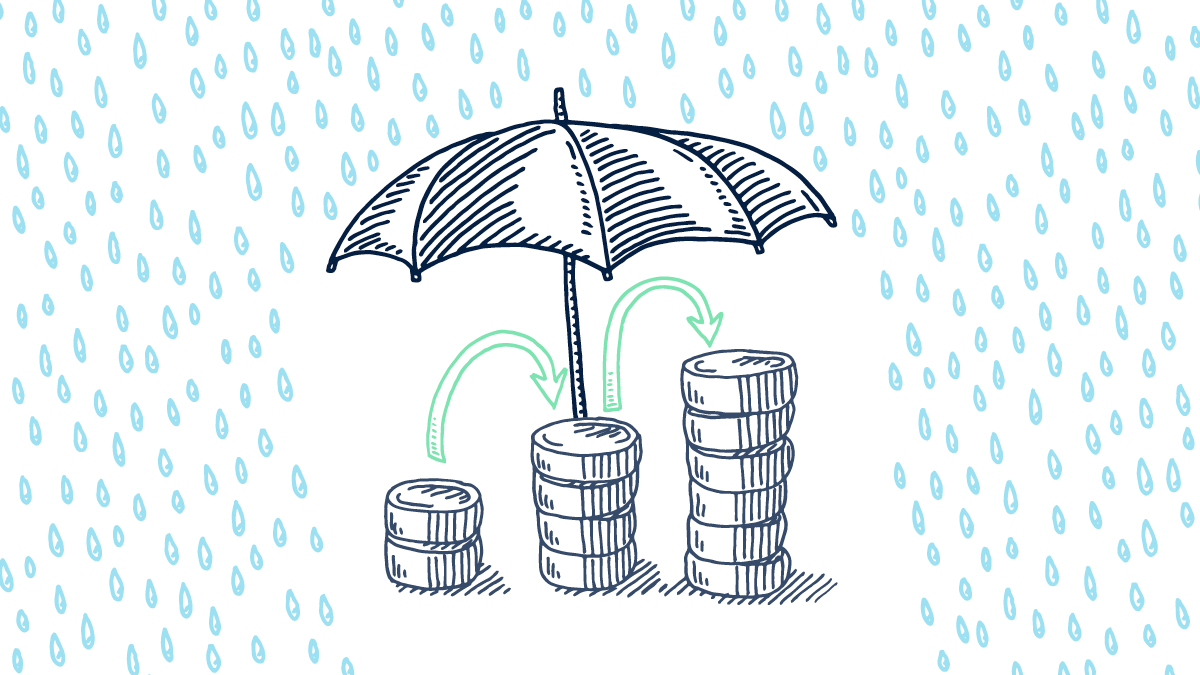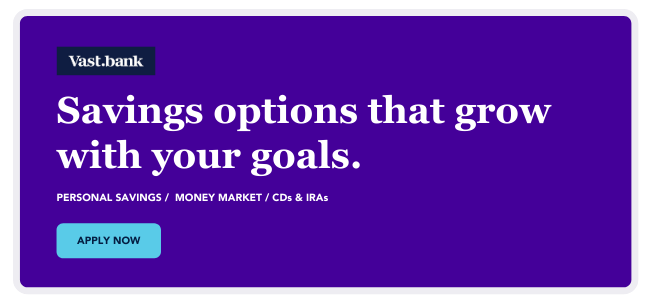Financial Tips for Preparing a Healthy Savings Account
Learning financial tips for preparing a healthy savings account can be life changing. You have to ask yourself if you are prepared for life’s curveballs, like unforeseen medical bills or unemployment? Are you ready to make major moves, like purchasing your first home? These financial tips can help you weather unexpected circumstances and meet your financial wellness goals.
Here’s what you need to know to build a savings account that protects and supports your financial future:
Why do I need a savings account?
These financial tips give you both a buffer for unanticipated events, and empowerment to reach milestones comfortably. Here are the two main categories of savings:
- Emergency funds: An emergency fund includes money you’ve set aside to cover abrupt, unexpected out-of-pocket expenses like auto repair bills, medical expenses, or periods of unemployment.
When you have a healthy savings account, you can avoid using credit to cover these costs. Accruing debt adds to your monthly expenses, and increases the cost of your emergency expenditure through interest charges.
Having cash reserves also protects your long-term investments. For example, your emergency funds can help you make house payments and car payments during times of financial upheaval, helping you avoid foreclosure or repossession.
- Big purchases: Financial preparedness means you’ll be ready for major life goals, like getting married, having a baby, paying for an education, and buying a home. If your bucket list includes traveling the world and having new experiences, it’s important to set money aside to realize your dreams.
A financial tip to see how much you need to save
It’s fairly simple to estimate how much you’ll need to save for something like a car, home, or wedding. Determining how much you’ll need for emergency cash reserves can be more complicated.
Most experts agree that you should have AT LEAST three months of living expenses in your emergency fund. For example, if you need $2,000 a month to cover your rent, utilities, transportation, and food, you should aim for a minimum of $6,000 in cash reserves.
If you have people in your household who depend on you financially, such as a spouse and/or children, it is recommended that you sock away enough cash to cover six months of living expenses. Additionally, people who work in tumultuous or dangerous industries should shoot for saving half a year’s worth of expenses.
What’s the best account for savings?
You have some choices when it comes to saving your money, and each one offers slightly different benefits and provisions. You should look for an account that pays you interest, also called Annual Percentage Yield (APY).
These are the most popular options:
Basic savings accounts: A traditional savings account offers moderate returns on the money you store. The average APY for a basic savings account is around 0.06%. Most savings accounts have a minimum initial deposit requirement and a maximum number of withdrawals allowed per month.
Money Market accounts: This type of deposit account pays interest based on market rates. Money market accounts usually allow for a higher number of withdrawals per month than a basic savings account, which can either be convenient OR make it harder to build your savings.
A money market account should not be confused with a money market fund, which can lose value if the market dips. This kind of account is secure and typically backed by the FDIC.
Certificates of Deposit: Also called a CD, a Certificate of Deposit is a savings account that has a fixed interest rate and a predetermined date when the money can be withdrawn, also known as the maturity date. Longer CD terms will pay higher interest rates.
You’ll have to pay a penalty to withdraw funds, which makes CDs a great way to reduce spending temptation. However, if you think there’s a good chance you’ll need to access your money before the maturity date, a CD might not be a great fit.
How can I save more money?
A solid savings plan is your path to financial preparedness. Your savings plan doesn’t have to be stressful, but you will need to use some willpower and be consistent. Here are our top tips:
- Start small: After you pay your bills and set aside money for variable expenses like groceries, what’s left? Try putting half of that amount into savings each month.
- Set a goal: If you find it hard to resist dipping into your savings, it helps to focus on the end game. Visual reminders can be a useful tool. For example, set your phone’s lock screen to an image from your ultimate vacation destination or your dream home. You can even leave yourself thank-you notes for the peace-of-mind that comes from having ample emergency funds.
- Automate your savings: Most banks make it easy to set up an automatic transfer from your checking account to your savings account. Establish a regular transfer on payday, so the money is saved the moment it arrives.
- Keep going: Some months, you may be able to save less. Some months, you may be able to save more. Either way, stay consistent with your efforts and don’t give up!
Need help picking a savings account or coming up with a plan? A trusted financial advisor from your local bank can assist you in your journey to financial preparedness. Best of luck, and happy saving!








